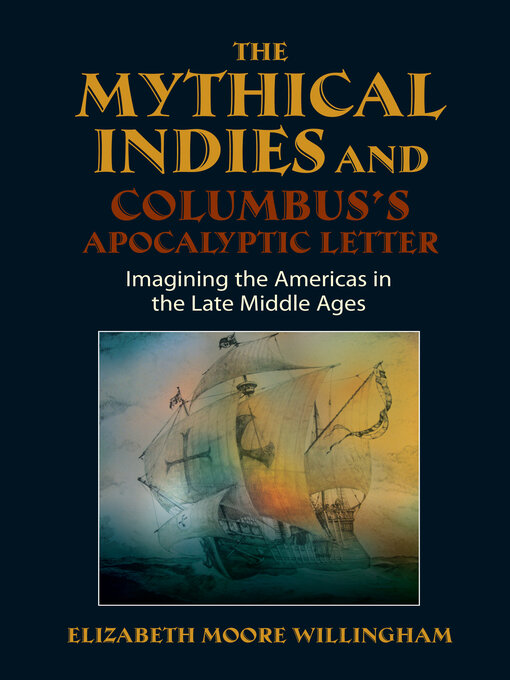With his letter of 1493 to the court of Spain, Christopher Columbus heralded his first voyage to the present-day Americas, creating visions that seduced the European imagination and birthing a fascination with those "new" lands and their inhabitants. Columbus's epistolary announcement travelled from country to country in a late-medieval media event, but the letter has long been the object of speculation concerning its authorship and intention. British historian Cecil Jane questions whether Columbus could read and write prior to the first voyage while Demetrio Ramos argues that King Ferdinand and a minister composed the letter and had it printed in the Spanish folio. The central feature of the book is its annotated variorum edition of the Spanish letter, together with an annotated English translation and word and name glossaries. A list of terms from early print-period and manuscript cultures supports those critical discussions. In the context of her text-based reading, author Elizabeth Moore Willingham addresses earlier critical perspectives on the letter; explores foundational questions about its composition, publication, and aims; and proposes a theory of authorship grounded in text, linguistics, discourse, and culture.
- All Fiction Ebooks
- All Fiction Audiobooks
- Sno-Isle Reads Together
- Science Fiction Firsts
- Mystery & Suspense Firsts
- Available Now
- Try a Light Novel
- Horror & Dark Fiction
- Rainbow Connections
- World War II Historical Fiction
- Cozy Science Fiction and Fantasy
- Faith & Felonies
- Biblical Romance
- See all
- All Nonfiction Ebooks
- All Nonfiction Audiobooks
- Available Now
- Pour Some Sugar On Me
- Last Call For Alcohol
- Transgender and Nonbinary Voices
- You Don't Need AI To Write
- Relationship Rx: Getting Along With the one I Love
- Coping With Stress & Anxiety
- When Someone Shows You Who They Are
- Travel Plans
- Knitting vs. Crochet: Crafting's Ultimate Duel!
- Common Ground: Community Connections Through Shared Experiences
- See all

